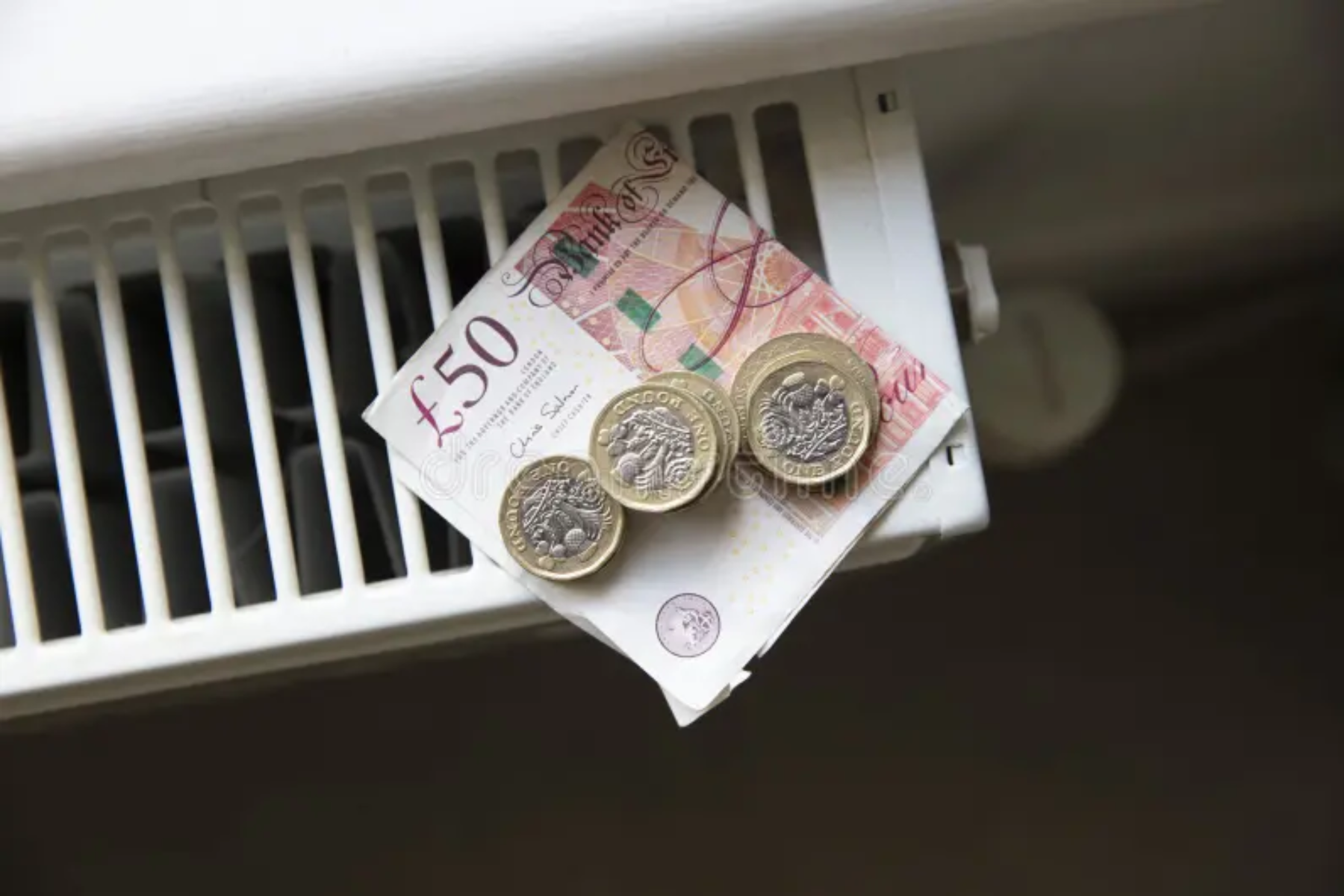When it comes to heating our homes, we all want to strike a balance between staying warm and keeping our energy bills in check. One popular suggestion for achieving this balance is turning off radiators in rooms that are not in use. But does it really make a difference?
In the article we will be discussing the benefits, potential savings, and downsides of turning off your radiators.
The Benefits Of Turning Off Radiators
Have you ever wondered if turning off radiators could benefit you? Well the answer is yes! There are many convincing reasons and benefits as to why you should be turning off your radiators, especially in unused rooms.
Keep reading to explore some of the benefits:
- Cost savings
- Energy efficiency
- Gas bill reductions
1. Does Turning Off Radiators Save Money?
By turning the radiators off in unused rooms, you can effectively reduce your energy consumption and save money on your heating bills. There’s no need to waste energy by heating a room you are not using.
Focus your heating efforts on the areas in your home that you spend the most time and enjoy seeing the noticeable cost savings over time.
2. Does Turning Off Radiators Save Gas?
If your home relies on gas for heating, turning off your radiators can lead to a significant amount of savings on your gas bills. Since you are only heating the rooms you actively use, you're minimising the amount of gas required to maintain a comfortable temperature.
Not only does turning off your radiators benefit your wallet, but it also reduces your carbon footprint, making it a win-win situation!
3.Does Turning Off Radiators Save Energy?
Turning off your radiators is a way to actively promote energy efficiency. Instead of wasting energy on heating areas of your home you never visit, you are directing your heating resources to the spaces where they are needed most.
This conscious effort to optimise your heating system will result in reduced energy waste and contribute to a more sustainable and environmentally friendly approach to energy consumption.
4. Is It Cheaper To Turn Some Radiators Off?
If you have a spare bedroom or a guest room that is rarely used, there’s no need to heat it constantly. By selectively turning off radiators in infrequently used rooms, you can save even more on your energy bills.

How To Turn Radiators Off With No Knob
But what if your radiator doesn't have a knob? Don't panic, there's a solution. You can still turn off radiators without knobs by installing thermostatic radiator valves (TRVs).
Thermostatic radiator valves allow you to control the temperature of individual radiators, giving you the flexibility to turn them off when needed. Alternatively, you can consult a heating professional who can provide alternative solutions based on your specific radiator type.
The Downsides Of Turning Off Radiators
While turning off radiators can offer numerous benefits, it's important to consider the potential downsides as well. One drawback is that if you turn off a radiator in a particularly cold room, it may take longer to warm up again when you switch it back on. You may end up using more energy to bring the room back to a comfortable temperature.
Additionally, turning off radiators completely in unused rooms may increase the risk of dampness and mould formation. It's crucial to strike a balance between energy savings and maintaining a healthy, comfortable living environment.
Finally…
In conclusion, turning off radiators in unused rooms can be a smart and effective way to save money, reduce energy consumption, and lower your carbon footprint. By focusing your heating efforts on the rooms you actively use, you can optimise your energy usage and enjoy significant cost savings over time.
However, it's important to consider the potential downsides, such as slower warm-up times and the risk of dampness in unused rooms.
To make the most of this energy-saving strategy, consider installing thermostatic radiator valves (TRVs) or seeking professional advice for radiators without knobs. Remember to strike a balance between energy savings and maintaining a comfortable living environment.
Head to our blog to discover more helpful advice for your bathroom and heating system.
























